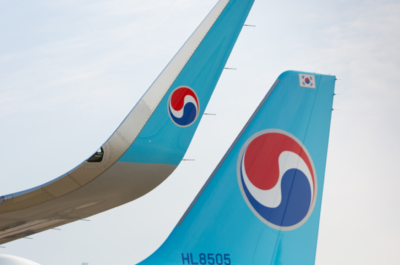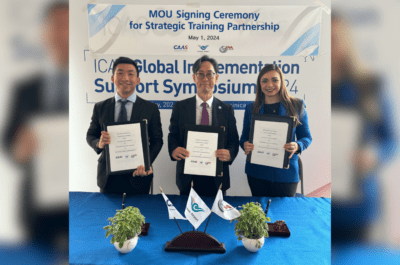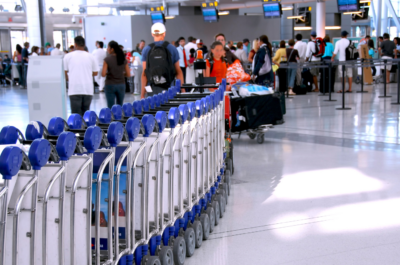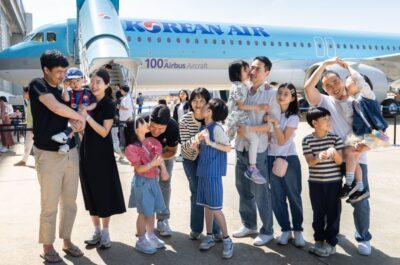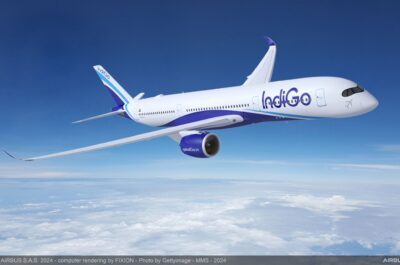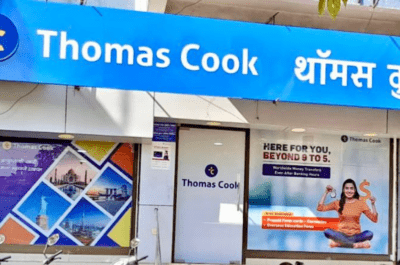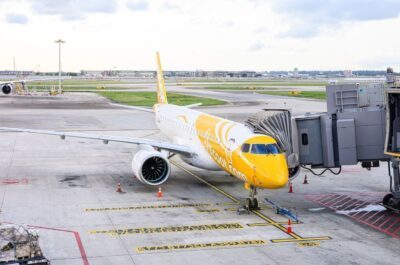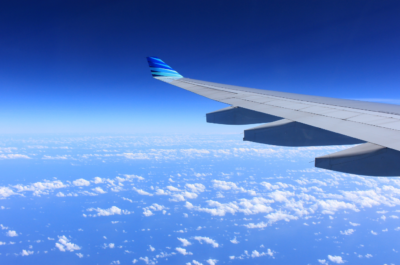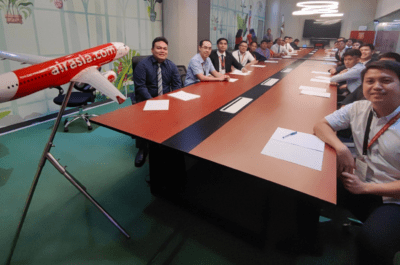Airlines in the Asia Pacific region can adopt strategies around ancillary services and onboard sales to strengthen their position and leverage opportunities as the Asian economy starts to turn around, says John Devins, Regional Director for Asia Pacific at GuestLogix Inc., the leading provider of on-board retail systems to the airline industry…
Airlines in the Asia Pacific region can adopt strategies around ancillary services and onboard sales to strengthen their position and leverage opportunities as the Asian economy starts to turn around, says John Devins, Regional Director for Asia Pacific at GuestLogix Inc., the leading provider of on-board retail systems to the airline industry.
This becomes more urgent as the airline industry currently faces growing losses as a result of external factors including rising oil prices and weaker yields. The International Air Transport Association (IATA) recently released a revised global financial forecast[1] predicting that global airline losses will total US$11 billion in 2009, with Asia-Pacific carriers expected to post losses of US$3.6 billion. Industry revenues for the year are also expected to fall by 15% year on year.
However, the future is not all bleak. Asian carriers are predicted to be the first to benefit from the reviving economic growth in the region. At the same time, airlines can refine their retail strategy to earn more from the existing pool of travellers. GuestLogix believes what is important is that airlines need to choose whether to perform short-sighted triage on current expenses, or to take a cue from US airlines and consider onboard retail solutions that translate to improved long term business performance.
Said Devins. “The natural instinct would be to continue exercising caution where costs are concerned, but we believe the economy will soon bottom out and airlines need to prepare themselves for recovery amidst industry challenges. By strengthening existing revenues and opening up new streams in the long term, airlines can make the most of the upswing while protecting themselves against massive losses in times of difficulty.”
Re-examine ancillary revenue strategy
One way for airlines to do so is to re-examine their ancillary revenue strategy. The Ancillary Revenues Airline Conference 2009 forecasted that ancillary revenues will account for up to 35 percent of airline revenues in the future.
“GuestLogix estimates that given the right strategy, revenues could increase from US$3.8 billion in 2008 to nearly US$17 billion by 2011 from global onboard duty free sales and estimated food & beverage sales based on an approximate conversion rate of 1 percent of passengers. This is a huge figure by any airline’s standards. Airlines will need to address onboard sales in order to get the most out of their ancillary revenue strategies,” said Devins.
“A bulk of this massive opportunity lies in selling onboard, and this is where airlines need to consider whether the services or products that they are selling are relevant enough for passengers to not just want to spend onboard but need to,” he adds.
Extend the sale of onboard items to encompass innovative services
GuestLogix recently conducted a global omnibus study in collaboration Ipsos S.A., a global survey-based market research company headquartered in Paris, France. This included feedback from 1201 respondents from Hong Kong. The study found that most passengers would find an onboard service that sells destination related items, particularly event tickets, entertainment and transportation offers, beneficial in terms of convenience. An online poll of over 150 travellers in Asia Pacific also revealed that four out of five respondents said that it would be helpful to be able to buy ground transportation tickets onboard their flights.
“Many airlines in the region focus largely on the sale of duty-free or Food & Beverage (F&B) items onboard. But onboard sales can comprise many more innovative products not limited to the in-flight experience,” said Devins. “For example, what if you could sell tickets to Disneyland onboard a Hong Kong-bound flight, or a train ticket to the middle of the city? This would not only open up a whole new sales channel to airlines and attractions, but also improve the customer’s travel experience.”
GuestLogix estimates that the top 20 airlines in Asia, measured by passenger trips, could generate over US$115 million in annual incremental profits from onboard transport ticket sales on the basis of just 10 percent of their passengers buying tickets onboard. In addition, catalogue shopping and entertainment ticket sales could generate US$172 million in annual incremental profits for these airlines if only one sale was made per flight. Further increasing the potential, the research conducted confirms that nearly half of airline passengers in Asia would be likely to purchase these type of products and services onboard.
“Global merchandising services such as OnTouch by GuestLogix, which allows the convenient onboard sale of items such as ground transportation and entertainment tickets, shopping and other services, are growing in demand even despite the current bleak conditions. This is because there is almost no capital outlay required from the airlines to generate additional ancillary revenue,” said Devins. “We expect demand to increase as airlines increasingly recognise the value of improving their onboard sales strategy to prepare for recovery.”
For its part, GuestLogix will continue to pioneer new technologies and ways in which airlines can creatively sell more, and thus earn more, from existing customers, while improving the passenger experience at the same time. The Company will be disclosing its future plans at its upcoming GuestLogix User Group Conference in Toronto, the largest gathering of its kind dedicated to onboard retail development and enhancing the passenger experience.
“There is hope ahead – some countries in the region have begun to turn around their economies and this will eventually result in revived travel demand,” Devins concludes.
This is in line with IATA’s belief that while APAC has been worst hit by the recession and fuel hedging losses at the end of 2008, the region’s carriers are the first to benefit from reviving Asian economic growth and the modest restocking of inventories in the West.
Vicky is the co-founder of TravelDailyNews Media Network where she is the Editor-in Chief. She is also responsible for the daily operation and the financial policy. She holds a Bachelor's degree in Tourism Business Administration from the Technical University of Athens and a Master in Business Administration (MBA) from the University of Wales. She has many years of both academic and industrial experience within the travel industry. She has written/edited numerous articles in various tourism magazines.
















